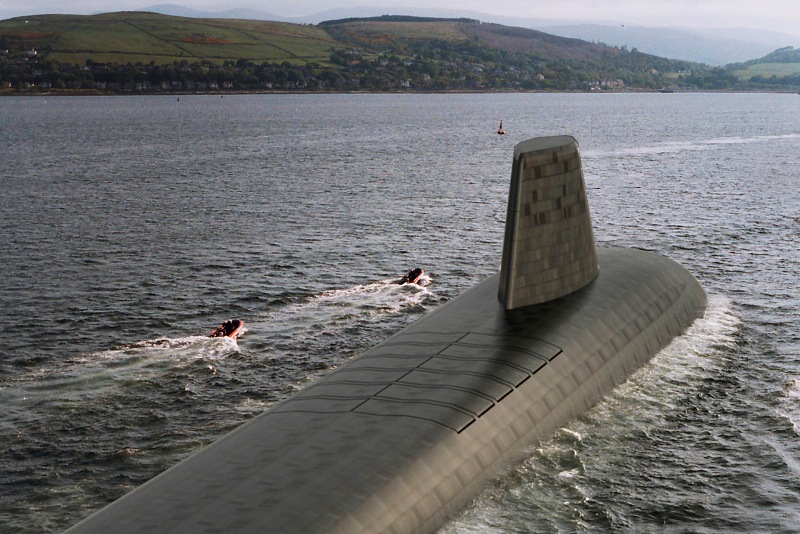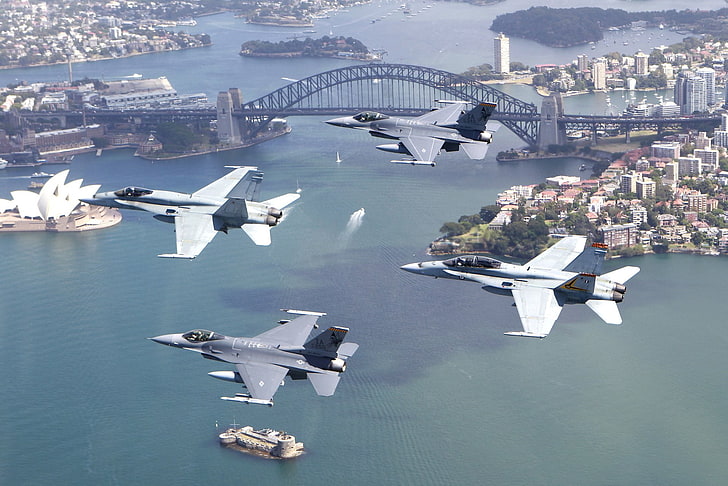What would be the effect of a Corbyn government on UK defence and security? As @onUKDefence has previously identified, an examination of the Conservative and Labour 2019 election manifestoes suggests that their proposed policies on defence and security are reasonably well aligned. Both confirm their commitment to spending at least two per cent of GDP on defence, and both claim they would retain the UK’s independent nuclear deterrent and remain part of NATO. These positions reflect the broad alignment to defence and security issues that UK governments of whatever colour have maintained over the past seventy years. However, that may be about to change if Labour Party Leader Jeremy Corbyn wins the election and becomes prime minister on 13th December 2019.
Corbyn’s position on Nuclear Disarmament
Jeremy Corbyn is a lifelong supporter of nuclear disarmament and in 2016, along with forty-five other Labour MPS voted against government plans for the renewal of the Trident nuclear deterrent. Moreover, in an interview with BBC Radio 4’s Today programme in 2015, he confirmed that he would never use nuclear weapons if he became prime minister. The following year, seeking a compromise to accommodate those who want to retain a nuclear deterrent, including the unions representing defence workers and more than half of his shadow cabinet, he hinted that the UK could deploy Trident submarines without nuclear weapons on board.
Prior to the 2017 general election, he again indicated that he would never use nuclear weapons if elected prime minister and declined to engage with the question of whether he would never order a nuclear strike, even in retaliation. Finally, whilst campaigning for the current general election, and notwithstanding his party’s manifesto commitment, Corbyn has again suggested that he would be prepared to give up the UK’s nuclear weapons, saying “If you went into non-proliferation treaty discussions then clearly every country’s nuclear weapons go into that equation.”
Corbyn’s attitude towards NATO
During the Labour leadership contest in 2016, Corbyn refused to confirm that, as prime minister, he would adhere to the NATO principle of collective defence – Article 5 – and commit the UK militarily to the defence of another NATO member if attacked. Furthermore, following a disagreement in Parliament last month about Corbyn’s stance on NATO, a Channel 4 fact check unearthed three occasions since 2011 when he has argued for the disbandment of NATO. Most recently on BBC1’s The Andrew Marr Show, on 17 November 2019, Corbyn refused to agree with Chief of the Defence Staff General Sir Nick Carter’s description of NATO as being “the most successful military alliance in history”. That said, he did stop short of reiterating his call for NATO’s disbandment saying, “I think there has to be some kind of relationship and alliance to make sure there aren’t conflicts.”
Potential Impact if Corbyn becomes Prime Minister
Will the UK’s approach to defence and security change under a Corbyn government? In an article published in the 24 November 2019 edition of the Mail on Sunday, former head of the Secret Intelligence Service, Sir Richard Dearlove, asserts that the protection of the UK’s national security has never been a party political issue. In addition, he believes neither Labour or Conservative governments have comprised in their pursuit of the national interest, nor have Labour and Conservative politicians disagreed about the importance of that struggle. However, he argues that Jeremy Corbyn has, at times in the past, denigrated his own country and embraced the interests of its enemies and opponents. Dearlove goes on to argue that Corbyn is compromised by his past and should have to live with his political record; to that end, whatever political views he may claim to hold today, Dearlove believes that must rule him out as someone suitable to be prime minister.
Whilst not making the same judgement as Dearlove, in a recent article in the Economist, Bagehot suggests that Corbyn has the most radical views on national security of any leader in the Labour Party’s history. Moreover, he posits that a Corbyn-led government would quickly lead to the biggest change in Britain’s defence posture since World War II, with the country becoming a passive member of NATO, and the United States almost certainly refusing to share critical intelligence with Downing Street, for fear that it would find its way into Russian or Iranian hands.
Conclusion
Whether you support or oppose the current Labour Party leader, there is ample evidence to suggest that a number of his personal views do not accord with traditional, cross-party understandings on how best to maintain UK national security. As a result, despite what is articulated in the Labour Party’s 2019 manifesto, it is very possible that a Corbyn victory in the general election would result in a fracture of the enduring political consensus on the UK’s role in the world, which could fundamentally alter the nation’s approach to its defence and security.






